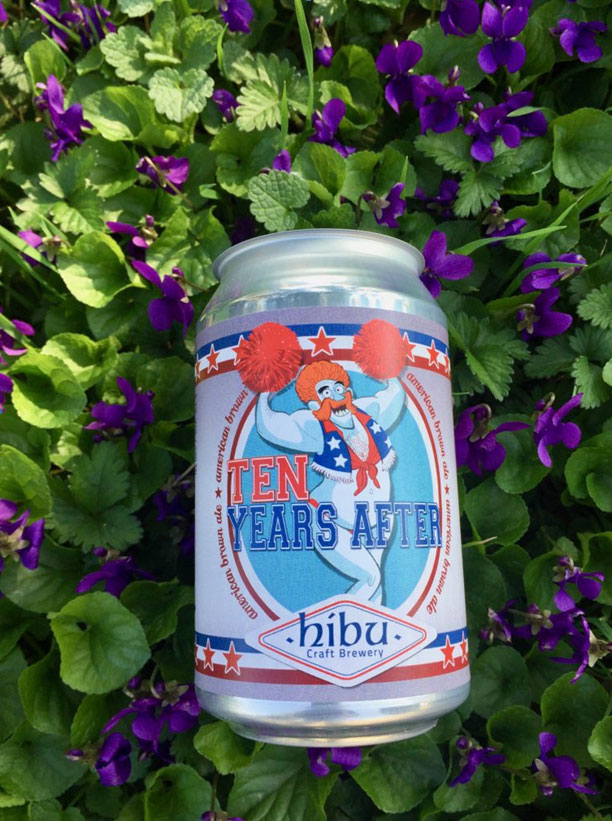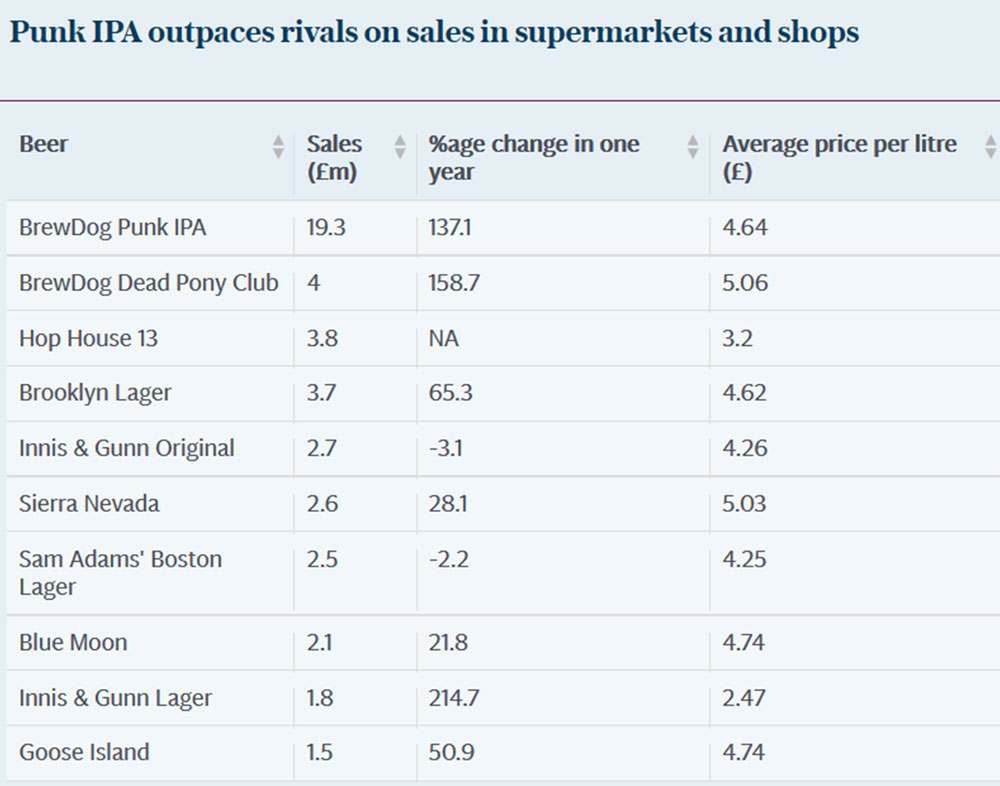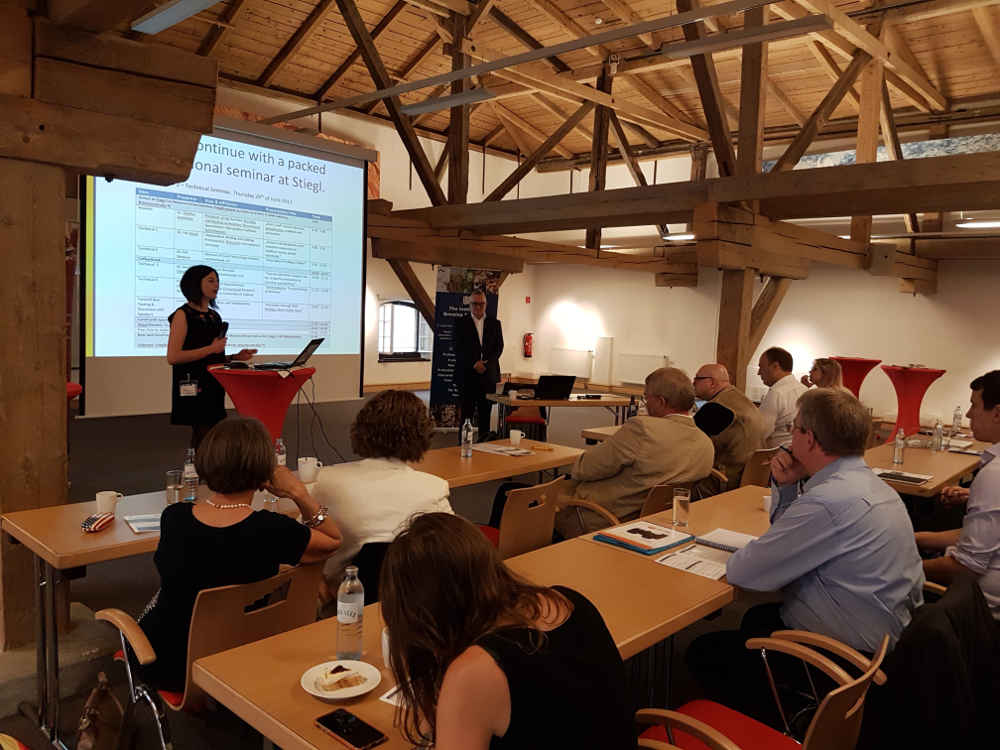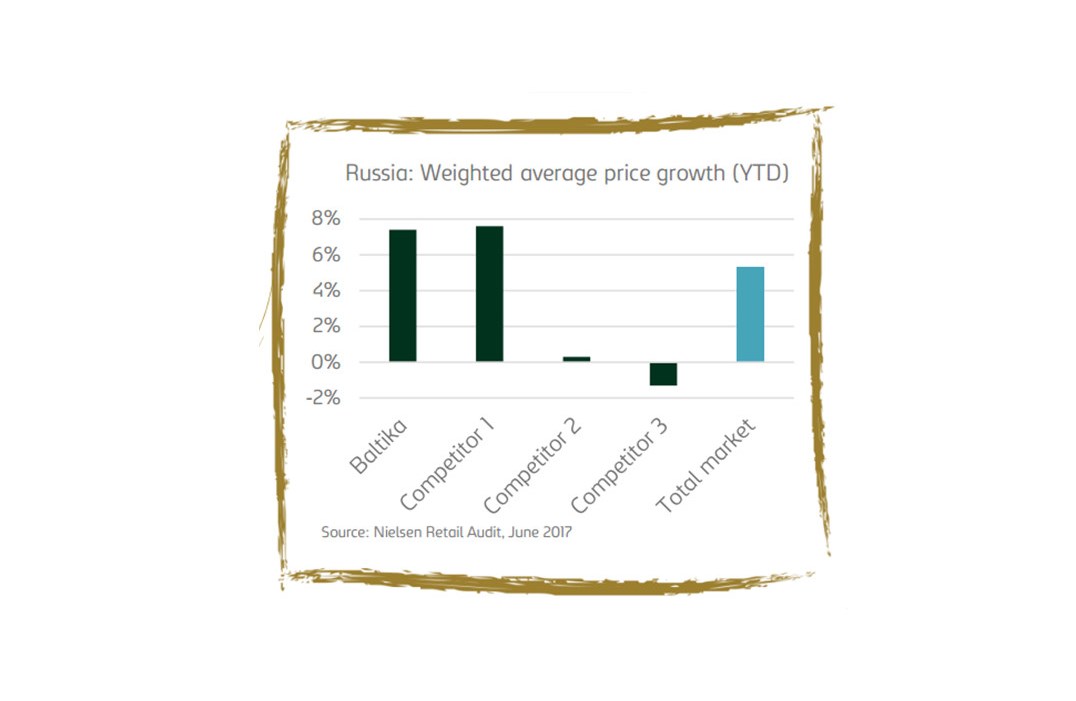The Scientific Committee of the 13th Trends in Brewing invites researchers around the world to submit abstracts for presentation at their 2018 Meeting in Ghent, Belgium, taking place from 8 until 12 April 2018. The meeting will feature a wide range of exciting scientific lectures, discussions, and numerous networking opportunities with researchers and experts in the field of Malting and Brewing Technology. Abstracts will be peer reviewed and acceptance will be based on scientific content and relevance, available space, and overall program balance.
Is this a chain reaction? After Birra del Borgo, located in Borgorose near Rome, was sold to AB-InBev in 2016, Belgium’s Duvel Moortgat snapped up a minority stake in Birra del Ducato, located in Soragna, a town halfway between Milan and Bologna. Though the deal was sealed late in 2016, it was only disclosed in July this year.
Heineken and Molson Coors are both “associate members” of the Society of Independent Brewers (SIBA), a situation that displeases some of its members.
Is accepting private equity funds the accolade for craft brewers? It may seem this way. Because, by taking in a GBP 15 million (USD 19.6 million) investment by the US private equity firm L Catterton in exchange for a 28 percent stake, disclosed in September 2017, Scottish brewer Innis & Gunn has proven the doubters wrong that its wonky finances could bring the company down.
Is it tit for tat? Heineken’s controlling shareholder, L’Arche Green, was forced to increase its stake in the Dutch brewer in September 2017 by buying EUR 200 million (USD 235 million) of the EUR 2.5 billion in shares, which were put up for sale in a surprise auction by Mexico’s FEMSA after the partners fell out earlier this year over distribution rights in Brazil.
Western brewers had better brace themselves for more restrictions and continuing struggles. As the President of the Barley, Malt and Beer Union, Alexander Mordovin, said at drinktec in Munich last month, it’s the explicit aim of his country’s government to bring the foreign brewers’ beer market share down to 50 percent to boost private Russian breweries. Five international brewers (Carlsberg/Baltika, Heineken, Efes, SABMiller and InBev) controlled 96 percent of the Russian beer market in 2006. Today the remaining three – Carlsberg/Baltika, Heineken and AB-InBev/Efes – share 72 percent.
Britain will end the free movement of labour immediately after Brexit and introduce restrictions to deter all but highly-skilled EU workers. These proposals, set out in a Home Office document, were leaked to the Guardian newspaper on 5 September 2017 and drew criticism – not least from industry.
World-weary drivers are used to petrol prices which go up and down during a day for no apparent reason, while shoppers are used to supermarket prices which stay pretty much the same. All that, however, might be about to change thanks to electronic shelf-edge labels, which can adjust prices in real time. Electronic price tags are a fact of life in most larger stores in France and Scandinavia but not in the UK yet.
As the UK continues to sever its political ties with the EU, it was only fitting that the Institute of Brewing and Distilling (IBD), an organization with 5,000+ members, re-established its links to its continental constituents by organising a seminar in Salzburg.
For longer than most like to remember news coming out of Russia represented an unmitigated disaster for international brewers. Over the past eight years, Moscow has raised taxes on alcohol and banned advertising. In January 2017, finally, it began limiting the size of plastic beer bottles to a maximum of 1.5 litres.




